Beyond practicality, these luminous accents extend the usability of any outdoor space well into the evening, fostering moments of relaxation, social gatherings, and quiet contemplation under the night sky.
I have had the pleasure of incorporating external lighting to a number of clients properties and I always take this into consideration when I am working on rewires or outdoor electrics. It’s not just the summer that we want to enjoy but our winters too need to be suitably lit up for safety.
Extended Use of Outdoor Spaces: With proper lighting, cosy courtyards can be used and enjoyed even after dark. This extends the usability of the space, allowing for outdoor gatherings, dining, relaxation, or leisure activities during the evening hours.
Ambiance and Atmosphere: External lighting can create a warm and inviting ambiance in many spaces such as cosy courtyards, making them more welcoming and comfortable for occupants and guests. Various lighting fixtures and designs, such as string lights, lanterns, or accent lights, can contribute to the desired atmosphere and aesthetic appeal of the outdoor space.
Highlighting Architectural Features and Landscaping: Strategic placement of lighting fixtures can accentuate the architectural features of buildings and highlight landscaping elements such as trees, shrubs, flower beds, and sculptures. This adds visual interest and depth to the outdoor environment, enhancing its overall beauty and charm.
Increased Property Value: Well-designed external lighting not only enhances the aesthetic appeal of outdoor spaces but also adds value to the property. Potential buyers often appreciate the added functionality, safety, and beauty that well-lit outdoor areas provide, which can positively impact the resale value of the property.
Mood Enhancement and Stress Reduction: Studies have shown that exposure to natural or artificial light can influence mood and emotional well-being. By creating a cosy and well-lit outdoor environment, individuals can experience stress reduction, relaxation, and improved mental health, especially when spending time outdoors in the evening.
Energy Efficiency and Sustainability: With advancements in lighting technology, such as LED fixtures and solar-powered lights, homeowners can achieve energy efficiency and reduce their environmental footprint while illuminating outdoor spaces. LED lights consume less energy, last longer, and produce less heat compared to traditional incandescent bulbs, contributing to sustainability efforts.
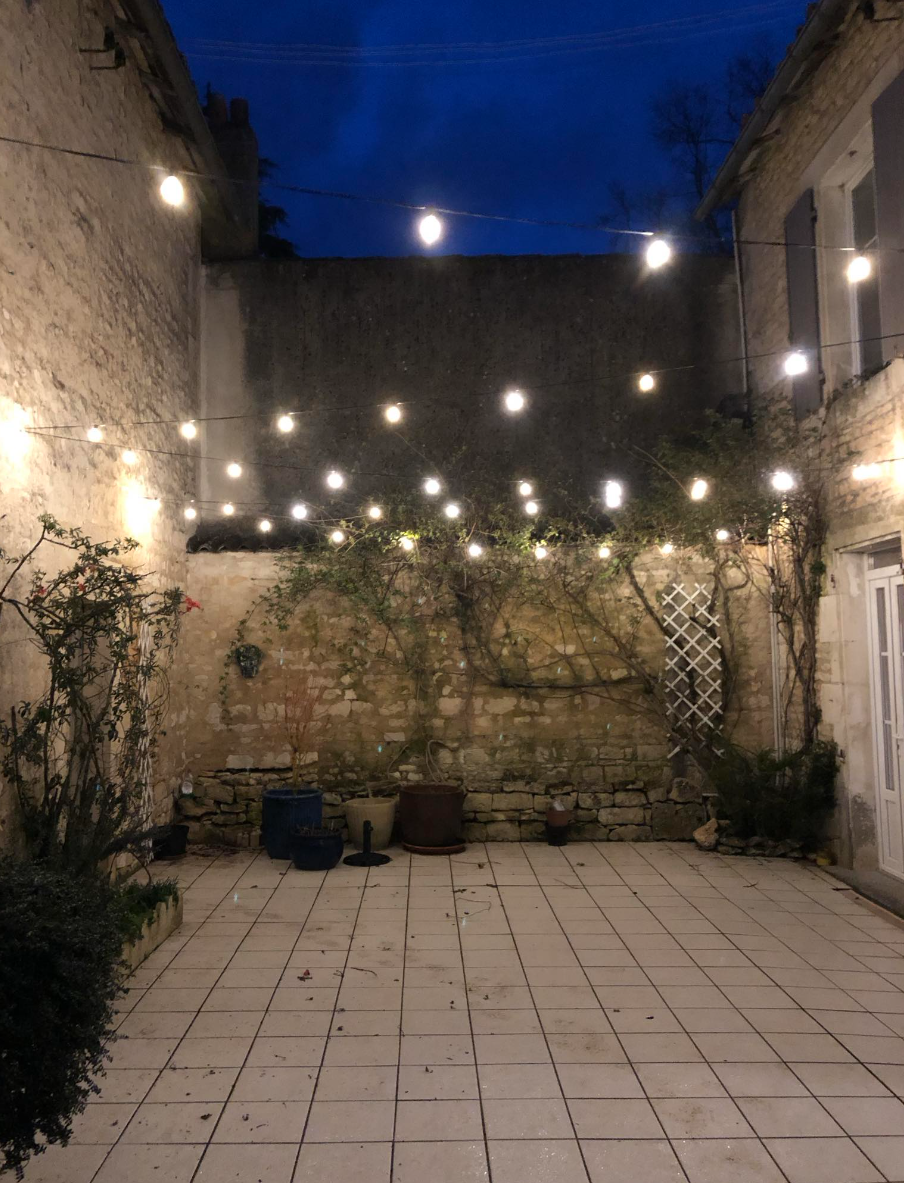


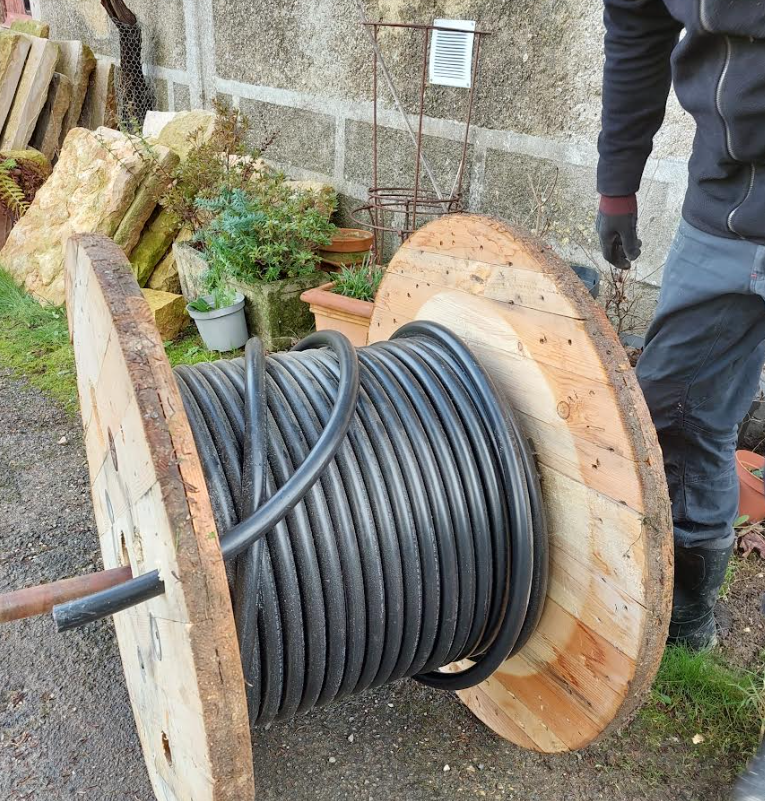




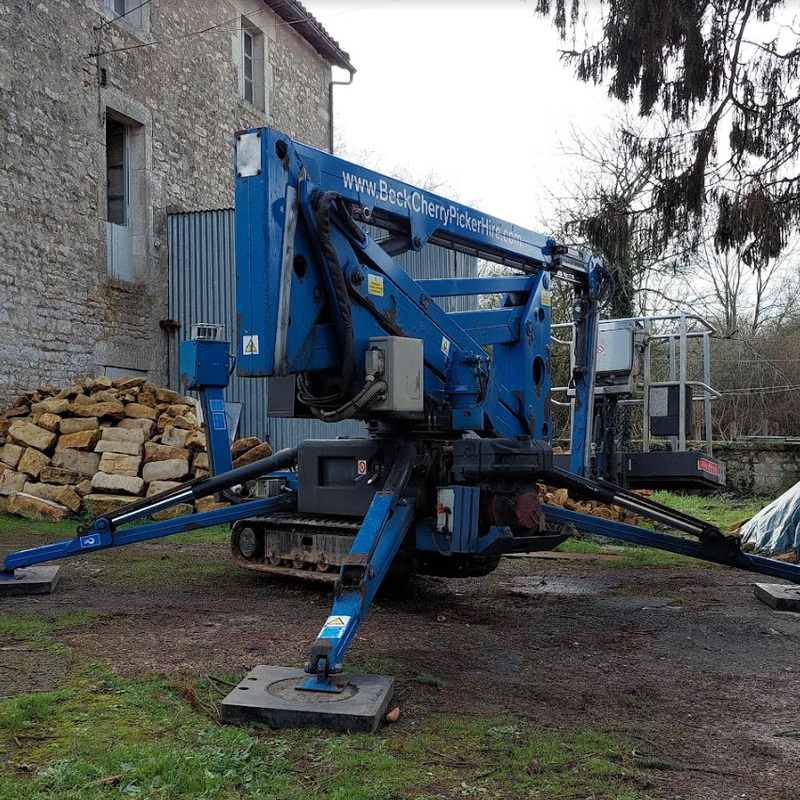
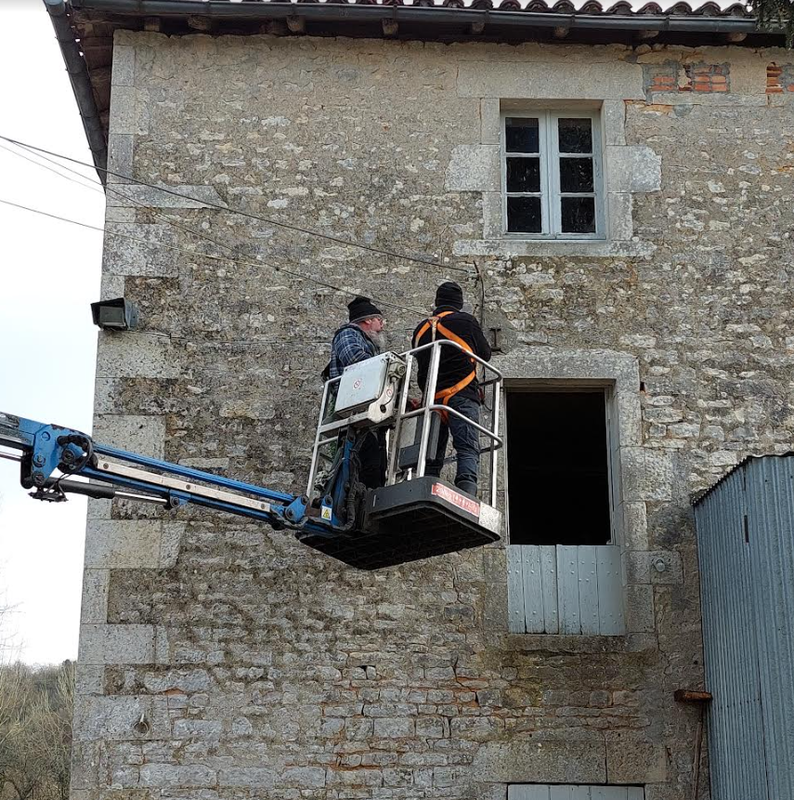
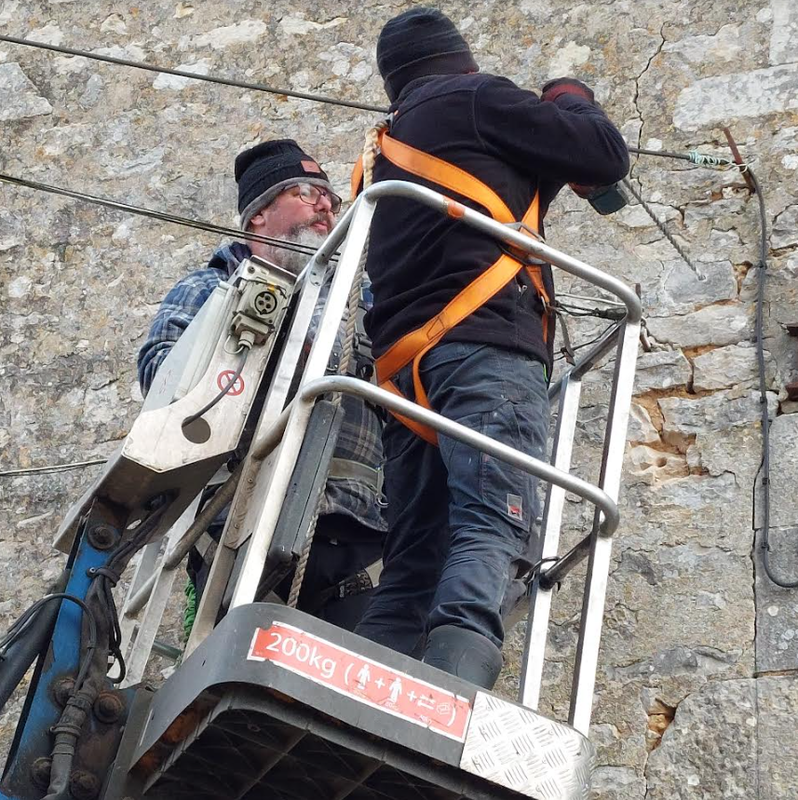

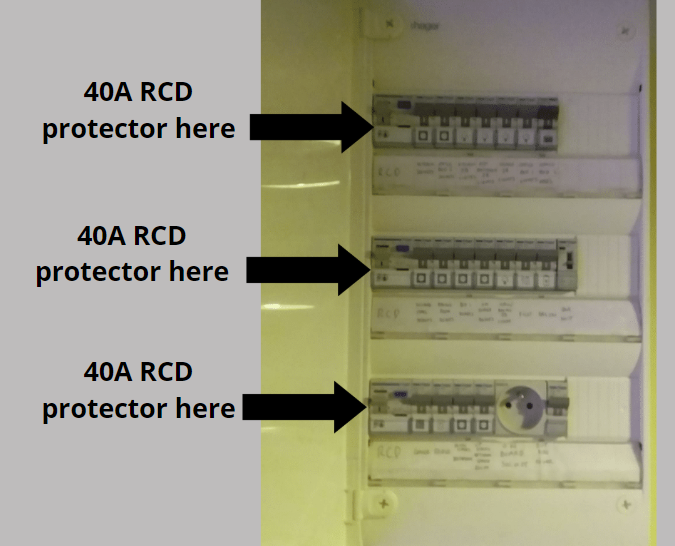
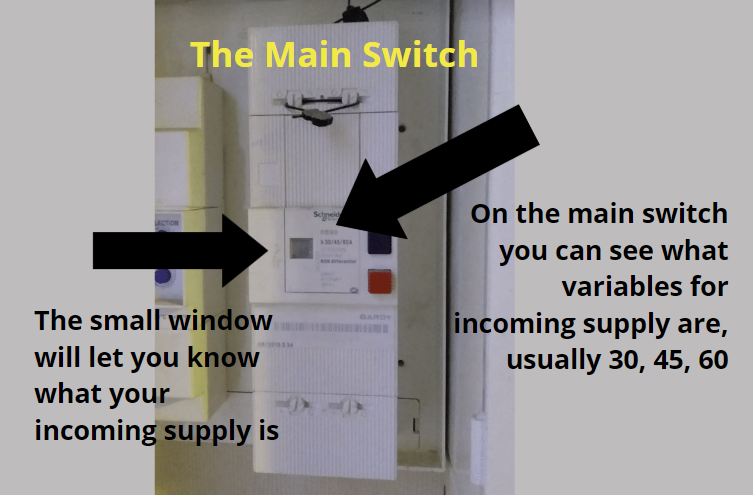

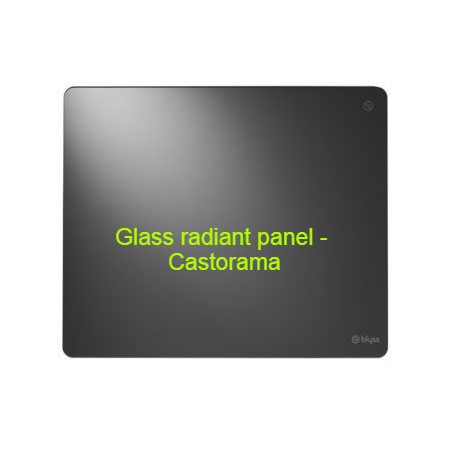
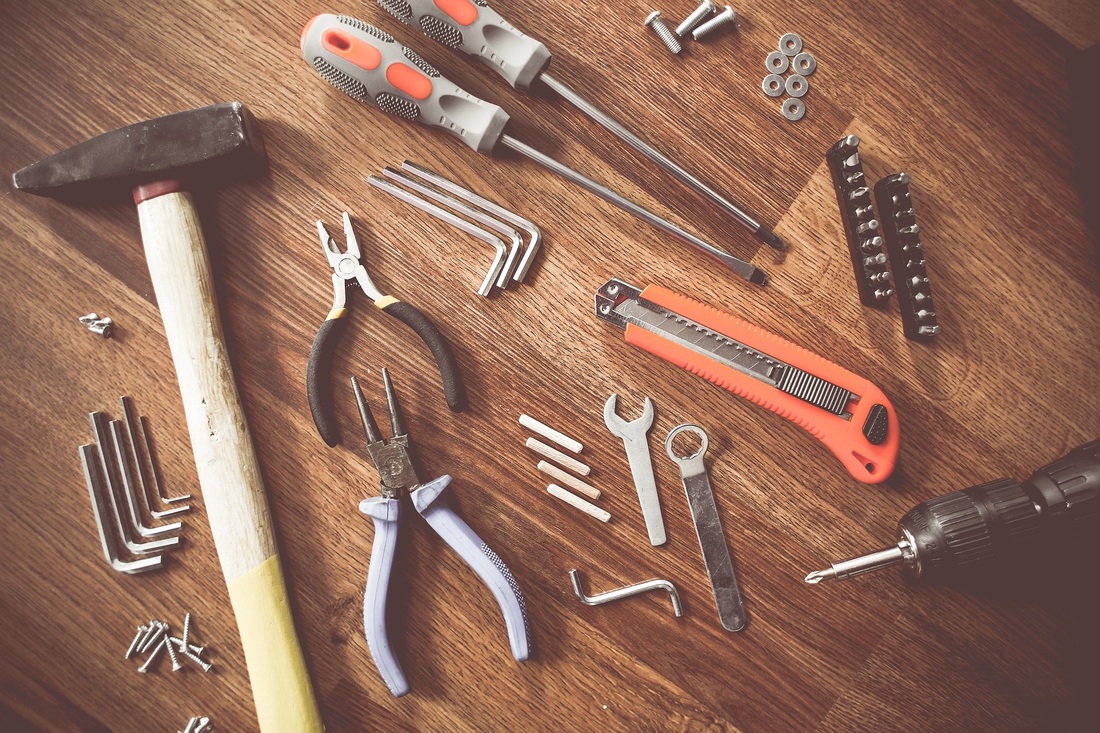
 RSS Feed
RSS Feed
